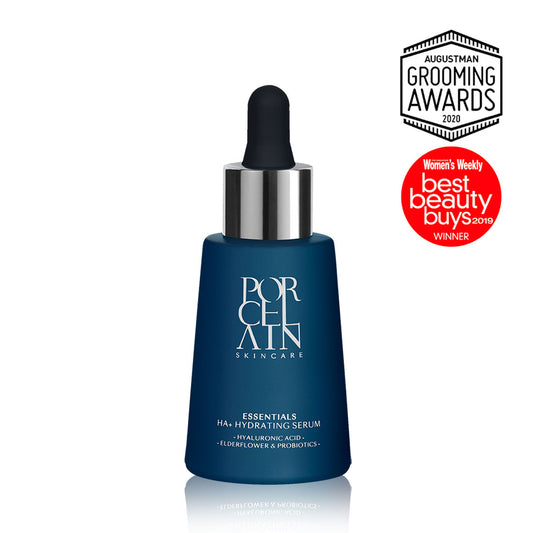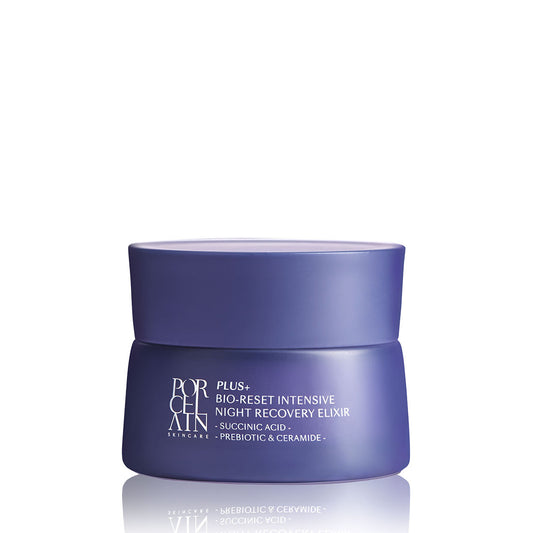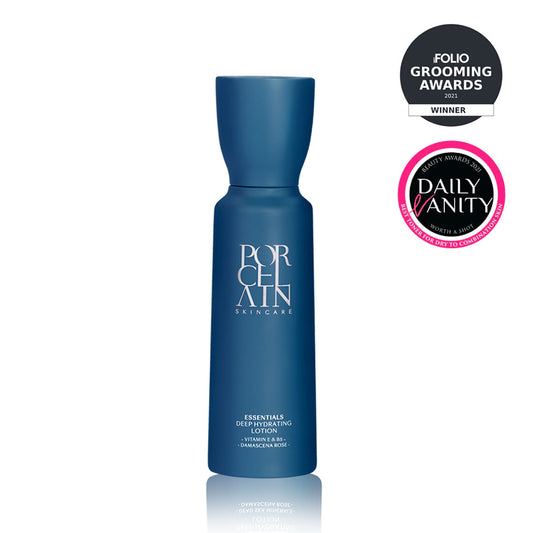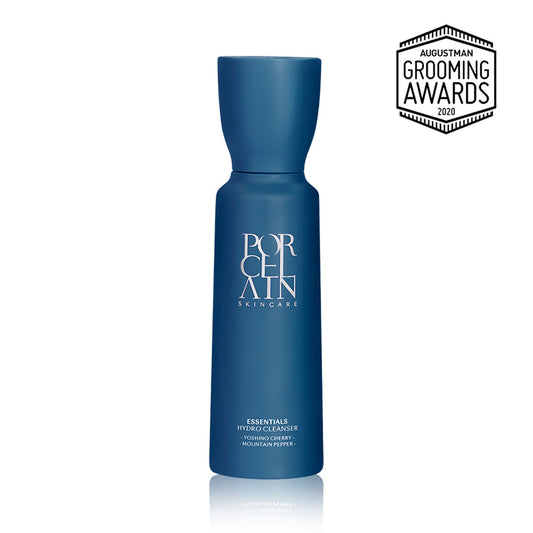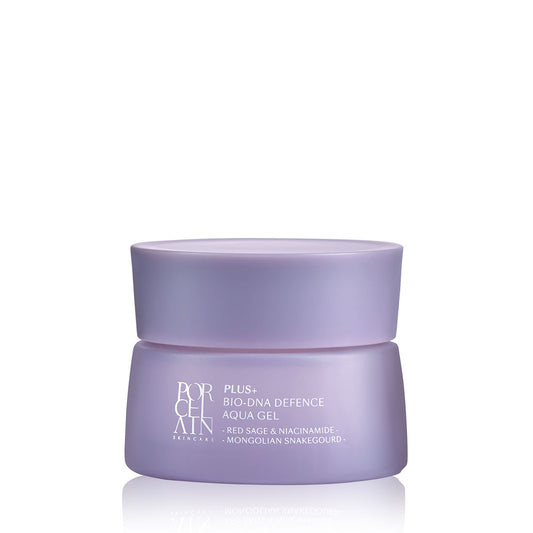There are so many misconceptions floating around out there, and with the consumer demanding more knowledge, we’re here to share what we know to be true! You’ll enjoy this one!
The skin should feel squeaky clean after you wash. That’s when you know it has been effectively cleaned.

If your skin feels tight after washing, it is a clear sign that your skin has been stripped off all of its water. This will eventually cause surface dead skin cells to buildup. Anything that leaves you feeling tight is absolute no-nos. The most important part of your entire routine is ultimately what you wash with!
An SPF 30 offers twice as much protection as an SPF 15.

The truth is that an SPF 30 offers less than 4% more protection than an SPF 15. The keys to good sun protection are to apply sunscreen generously, reapply often, and avoid the sun during peak hours.
The richer the eye creams, the better it is for wrinkles.

Most eye creams that are rich and greasy typically contain Mineral Oil or Petrolatum. Our skin acts just like a sponge that absorbs what it needs and the rest just sits on the surface. As these ingredients are not absorbed easily, they too, sit on the surface and suffocate the skin. They can also cause excessive puffiness in the eyes in the morning. A high-performance eye cream should therefore be absorbed, yet still leave the skin feeling moist and supple.
Oily skin doesn’t need moisturizer.

Oily skin needs moisturizers, but the last kind of moisturizers that this type of skin needs is heavy and greasy oil-based moisturizers as they have already got enough oil. Water-based moisturizers are therefore necessary to keep the skin cells healthy and to discourage dead skin cells buildup.
Pigmentation comes only from sun exposure.
Research shows that pigmentation (or brown spots on the skin) comes not only from accumulative sun exposure, but also from heat and hormones. An increase in melanin activity can actually be triggered by pregnancy, menopause and birth control pills as well. The good news is increasing your exfoliation and using sunscreen will help discourage melanin formation.
It’s best to let your skin breathe at night by avoiding the use of night cream.
The latest research shows that the skin repairs itself most effectively at night, between 10 PM and 11 PM, hence indicating the need for night cream application before midnight. A good way to give your skin a chance to renew when you sleep is to wash off the day’s dirt and grime, and nourish it with a good moisture and nutrients. As long as your night cream is free of Mineral Oil and Petrolatum, it will not suffocate your skin and clog the pores.

